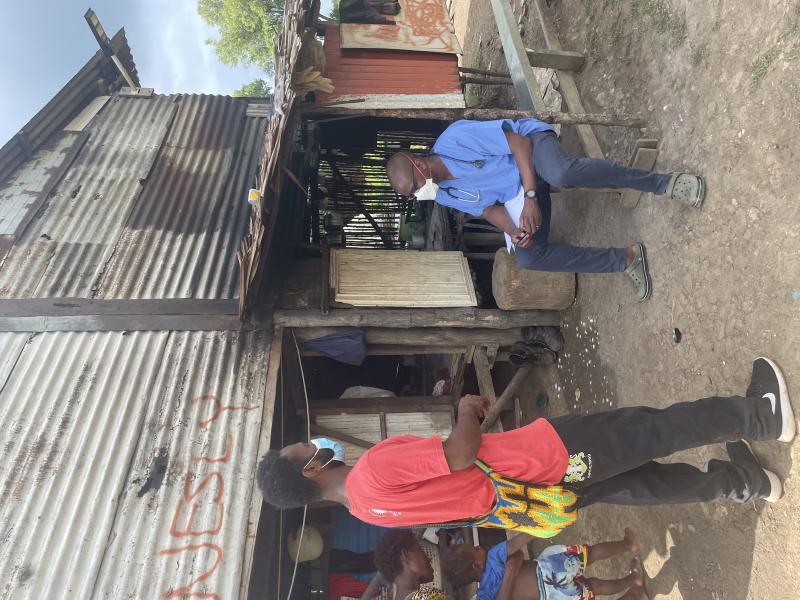Dr Tafi Marukutira is a medical doctor and public health researcher, specialising in infectious diseases epidemiology. Dr Marukutira received the 2022 NHMRC Frank Fenner Investigator Grant Award (Emerging Leadership), which recognises the highest ranked recipient in the Emerging Leadership Level 1 Investigator Grant category within the Basic Science or Public Health research areas, for his work on equitable access to HIV care and treatment.
Read on to find out more about the motivations behind Dr Marukutira’s research, and what he is planning on achieving with his Investigator Grant, in his own words.

Reducing HIV burden of disease relies on timely and equitable access to HIV care and treatment, which helps reduce HIV-related morbidity and mortality. Treatment and HIV viral suppression also eliminates risk of onward transmission and high treatment coverage is central to global efforts to end the AIDS epidemic.
Most new HIV infections occur in sub-Saharan Africa. Reaching the Fast-Track UNAIDS (Joint United Nations Program on HIV and AIDS) targets by 2020 and 2030 is expected to lead to the control of the HIV epidemic and the end of the AIDS pandemic. However, reaching these targets will require national HIV care and treatment programs that are inclusive of key and vulnerable populations.
Inclusion and universal health access are subjects close to my heart, knowing my humble beginnings growing up in a developing country. We are just over 6 years away from [the] 2030 timeline set by UNAIDS to end the AIDS epidemic and the COVID-19 pandemic dented the progress.
Botswana is a key HIV success story in the HIV epidemic response and a standout in sub-Saharan Africa and globally. Since the inception of Botswana’s free HIV care and treatment program for all citizens in 2002, significant progress towards the UNAIDS targets has been made. However, until 2019, migrants (non-citizens) living with HIV were excluded from the free HIV care and treatment program and had to pay out of pocket for care.

Strongly influenced by my previous research and advocacy and in the context of high numbers of economic and other migrants living with HIV in Botswana, it was acknowledged that ending the HIV epidemic in Botswana would require universal and migrant-inclusive access to HIV care.
My previous work highlighted significant gaps in HIV care for migrants living with HIV, and that this disparity in access to care was undermining Botswana’s HIV elimination efforts. In 2019, Botswana introduced [a] migrant-inclusive free HIV care and treatment program. There is strong regional and global interest in the impact of this policy change on progress to HIV elimination. However, there is no system-wide evaluation plan in place in Botswana to assess the impact of the policy change.
This award will enable me to complete the work I started in Botswana and provide valuable lessons from Botswana’s HIV care and treatment program for the benefit of migrants living with HIV, regional and international HIV care and treatment programs. This Investigator Grant will take advantage of this moment in time and my strong relationship with government, non-government, and academic collaborators in Botswana to evaluate the fidelity health systems strengthening activities undertaken in response to this policy change.
My advice for up-and-coming early career researchers is to always ensure that you are working in a field that interests you and need to keep abreast of new information, research, study designs, and methodologies. Do not shy away from qualitative research and if you can do mixed methods, [all] the better.
